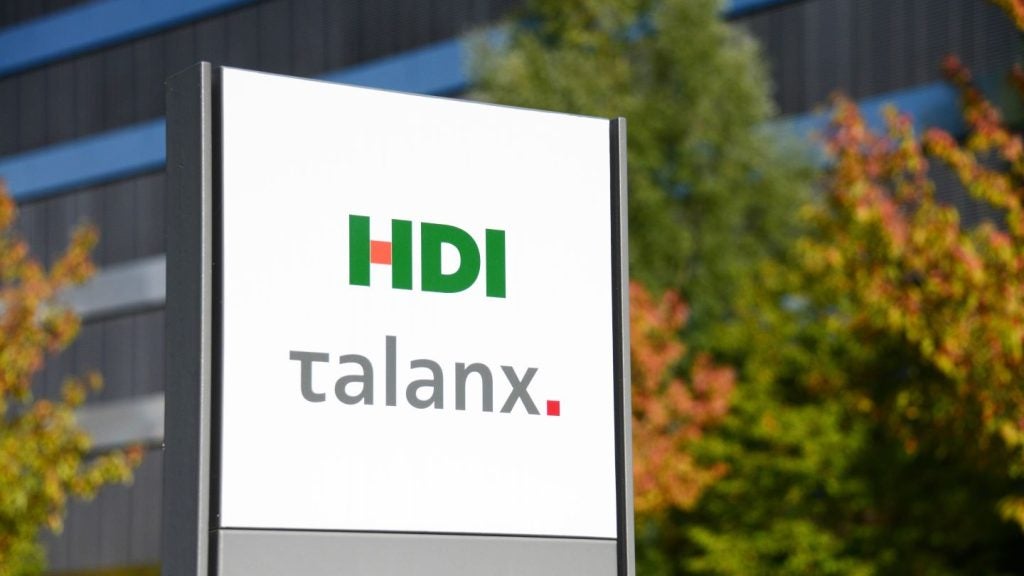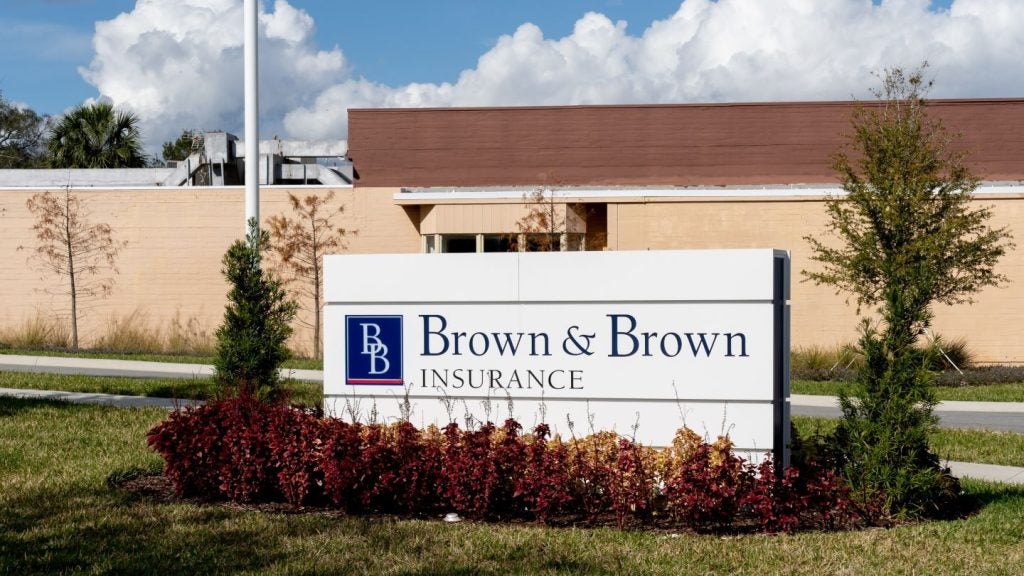A recent survey by a life
industry consultancy paints a grim picture of the centrality of
life insurance in the financial planning process in the
US.
Saybrus Partners teamed with
Harris Interactive to conduct an online survey of American
consumers on a variety of questions related to financial planning,
investing and life insurance.
The most disturbing finding,
by far, was that only about half of adults who currently have a
financial adviser and a financial plan have ever discussed adding
life insurance to their plans at any point in the advising
relationship.
“We believe life insurance is
foundational for a well-designed financial plan, not only for the
protection it provides but also its tax efficiency, and potential
for cash accumulation and wealth transfer,” Kevin Kimbrough,
national sales manager for Saybrus Partners, told
LII.
Kimbrough said that the
survey confirms the lack of any sort of defined role for life
products in the financial planning process, a crucial shortcoming
for a business that will depend upon the retirement planning of the
huge cohort of Baby Boomers for the lion’s share of new business in
the years to come.
“They are missing an
opportunity to fill a critical gap in some existing financial plans
while at the same time differentiating themselves and expanding
their practices,” he said.
“Additionally, there are
benefits to including assets such as life insurance that are not
tied to the financial markets and therefore not subject to the same
volatility we are currently seeing.”
Even when life insurance
conversations popped up in the study, many of them occurred years
ago.
Among those who have
discussed life insurance with their advisers, 15% said the
conversation took place more than 10 years ago, while 40% have
discussed it within the past year.
While this finding may
indicate that discussions about life insurance are becoming more
and more common, the discussions do not necessarily include a
review of existing policies for critical issues such as
performance, affordability and potential policy lapse.
According to the study,
nearly half (47%) of US adults who have a financial adviser and
have life insurance said their advisers have never reviewed their
existing life insurance policy with them.
About a third (34%) of
respondents with a financial planning relationship and a plan in
place said that over the past two years, their adviser has
recommended that they add some form of insurance to their financial
plan.
Of those consumers, less than
a quarter (24%) reported being advised to include life insurance
specifically, and only 10% said their adviser had recommended
long-term care insurance, despite the huge perceived need for the
product among retirees and those facing retirement.
“Life insurance can be
complex, and many advisers are reluctant to introduce it into the
financial planning conversation,” Kimbrough said.
“However, some of these
financial professionals are finding that they can use outside
specialists to help them advise their clients on the most effective
and efficient life insurance uses for each unique
portfolio.”
The study did provide some
evidence that even if life coverage seldom enters planning
conversations, clients are aware of the need for
protection.
An overwhelming majority of
respondents (81%) with a life policy in effect said they purchased
the policy primarily to protect their family and heirs.
Only 17% of those with life
coverage in effect cited wealth transfer as a primary reason they
had life insurance and only 15% said that the potential for cash
accumulation motivated them to purchase life insurance.
“These statistics demonstrate
that typical life insurance policyholders may not be aware of the
many other uses for life insurance beyond family and heir
protection,” Kimbrough said.
“They may be relying on IRAs
or annuities for wealth transfer, which are designed for asset
accumulation and retirement income but not for wealth transfer,
especially from a tax perspective.
“Life insurance offers
potential for tax-efficient cash accumulation, which can be
accessed for a variety of reasons including supplemental retirement
income or health care costs, as well as a tax-efficient vehicle to
provide for heirs.”
The survey also indicates
that if life insurance can become more of a factor in planning
conversations, it will find a receptive audience.
According to the survey, more
than four out of five adults who have a financial adviser and life
insurance (83%) said they would be interested in life insurance
policies that carried additional features not present in their
current policy, with varying degrees of interest in specific
features.
For example, 30% of
respondents with an advisory relationship and a life insurance
policy in effect said they would find a feature that would allow
them to receive the life insurance payout as income if they were
diagnosed with a terminal illness beneficial.
Another 28% indicated
coverage for long-term care needs would be beneficial, and 18%
thought a waiver of premium payments if they became disabled would
be a beneficial addition to their policy.
“Clearly, consumers are
interested in getting more from their life insurance policies,”
Kimbrough said.
“Given the well-known
concerns about health care costs that dominated the national news
last year, this relatively modest interest in health-related
benefits is likely, due to lack of knowledge of how they would
work.
“This is another opportunity
for financial advisers to help their clients maximise the benefits
they can get from their life insurance.”
The survey also asked adults
with a financial adviser to indicate areas where they expect their
adviser to be knowledgeable. The highest expectation (70%) was for
mutual fund knowledge, followed closely by stocks and equities
(68%). Just 38% said they expected their adviser to be
knowledgeable about life insurance.
“These clients’ relatively low expectation about their
advisers’ expertise in life insurance probably reflects the lack of
discussions they have had on the topic. This presents an
opportunity for advisers to go beyond their clients’ expectations
and address a critical element of the financial planning process,”
Kimbrough concluded.







